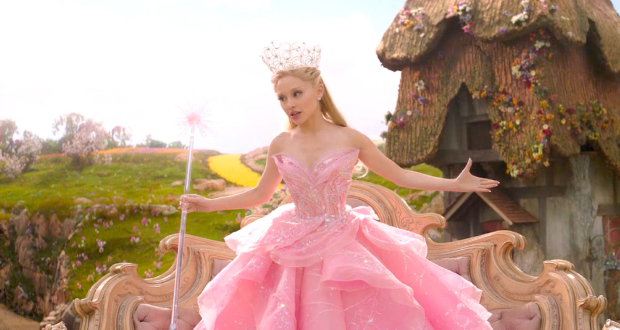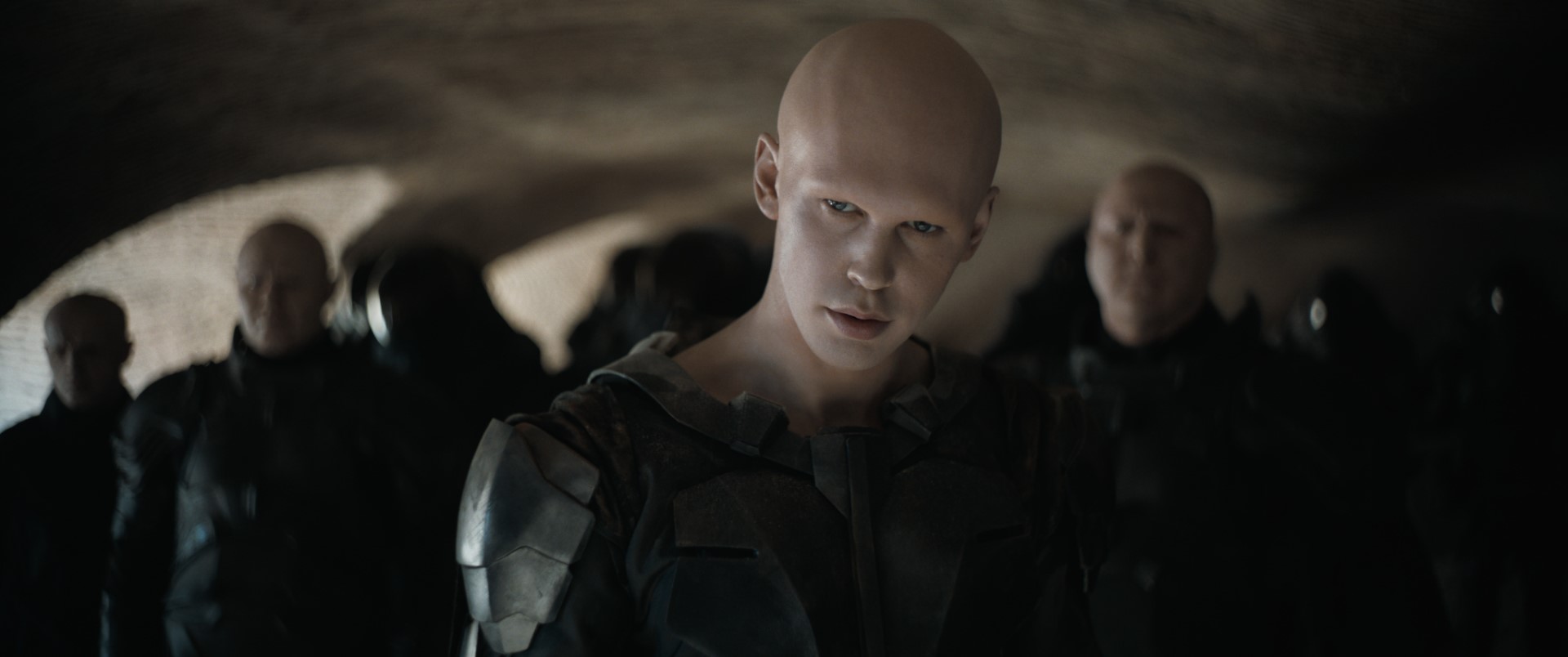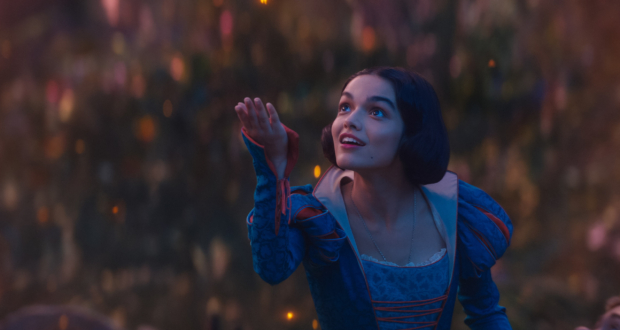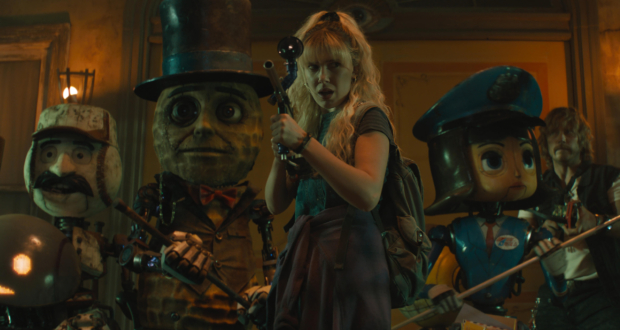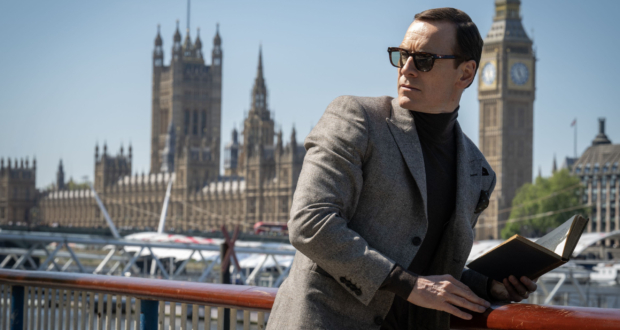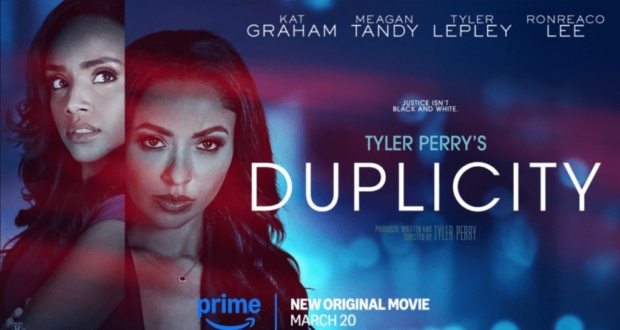Denis Villeneuve‘s Dune: Part Two achieves cinematic excellence with remarkable finesse. It is an epic science fiction saga that is breathtaking in scope and execution. As the continuation of the narrative initiated in Dune (2021), this sequel cements itself as a crowning achievement in Villeneuve’s directorial career, showcasing a visionary’s grasp over complex storytelling, stunning visuals, and profound themes.
At the heart of Dune: Part Two is Timothée Chalamet‘s Paul Atreides, whose journey from a dispossessed noble to the messianic Muad’Dib is portrayed with a compelling mixture of vulnerability and resolve. Chalamet delivers a performance that is both introspective and commanding. He perfectly captures Paul’s internal struggle with his destiny and the weight of impending war. Zendaya‘s Chani emerges as more than just a love interest; she is a formidable warrior, deeply connected to her planet and people. Her chemistry with Chalamet is palpable, offering a nuanced exploration of love amidst turmoil.
The new additions to the cast enrich the narrative tapestry of Dune: Part Two. Austin Butler‘s portrayal of Feyd-Rautha is chillingly charismatic and sometimes downright terrifying, serving as a perfect foil to Paul. Florence Pugh‘s Princess Irulan is a revelation, presenting a character torn between duty and a burgeoning fascination with Paul’s cause. Christopher Walken imbues Emperor Shaddam IV with a Shakespearean tragedy, his regal facade crumbling under the weight of his failures. The ensemble’s performances are uniformly excellent, each adding depth and humanity to the sprawling universe of Dune.
Visually, Dune: Part Two is a marvel. Villeneuve, alongside cinematographer Greig Fraser, crafts a cinematic experience that is as awe-inspiring as it is intimate. The arid vastness of Arrakis is rendered in breathtaking detail, from the serpentine grace of the sandworms to the brutalist elegance of the Fremen Sietches. Action sequences, particularly the climactic battle and Paul’s duel with Feyd-Rautha, are choreographed with a balletic precision that is both exhilarating and visceral.
The film’s thematic richness is one of its most striking attributes. At its core, Dune: Part Two grapples with destiny, power, and the consequences of both. Paul’s ascension does not depict as an unalloyed triumph but as a complex negotiation of personal ambition, political strategy, and spiritual belief. The film thoughtfully interrogates the myth of the messiah. It presents a nuanced critique of hero-worship and the inevitable cost of transformational change.
Villeneuve’s direction is masterful, balancing the intricate plotlines and expansive world-building without sacrificing character development or thematic depth. The screenplay, co-written with Jon Spaihts, deftly weaves together the political intrigue, spiritual journey, and human drama at the heart of Frank Herbert‘s novel. The result is a narrative that is both faithful to its source material and boldly imaginative in its execution.
Hans Zimmer‘s score deserves special mention for its contribution to the film’s immersive quality. The music blends traditional instruments with electronic elements, creating a sonic landscape that is haunting, ethereal, and utterly captivating. Zimmer’s compositions enhance the emotional resonance of the narrative, underscoring moments of triumph, loss, and revelation with profound sensitivity.
Overall:
Dune: Part Two is not just a sequel; it is a testament to the power of visionary filmmaking. Denis Villeneuve has crafted a work that is epic in scale, yet deeply personal. This film solidifies Dune as a landmark in science fiction cinema. It offers a narrative experience that is as intellectually engaging as it is emotionally resonant. It is a rare gem that not only entertains but also challenges and inspires. In an age of fleeting entertainments, Dune: Part Two stands as a monument to the enduring power of storytelling.
-
Acting - 10/10
10/10
-
Cinematography/Visual Effects - 10/10
10/10
-
Plot/Screenplay - 10/10
10/10
-
Setting/Theme - 10/10
10/10
-
Watchability - 10/10
10/10
-
Rewatchability - 10/10
10/10

